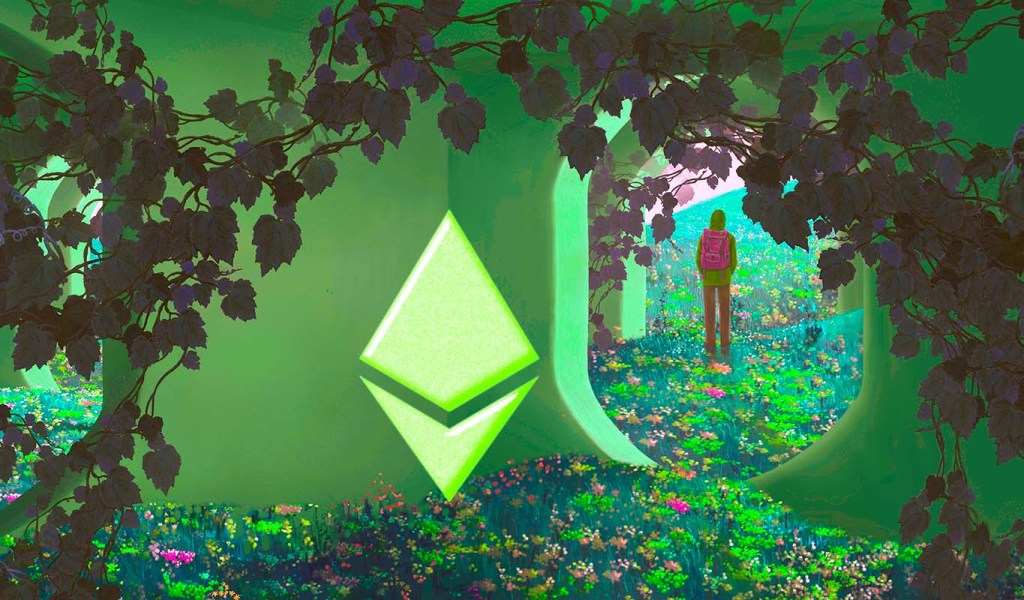
The market for nonfungible tokens (NFTs) might be struggling during this "NFT Winter," but there are signs of life if you know where to look.
Headlines predicting the death of Bitcoin are nothing new. Over the past decade, we’ve seen every permutation of why “Bitcoin is dead” imaginable, yet the current crypto winter has brought very few of these dire proclamations.
It seems a little different this time. Maybe it’s hard to pen such a eulogy with Bitcoin (BTC) hovering around $28,000, and a spot Bitcoin ETF on the horizon. Doesn’t seem like Ethereum’s dead either.
But the blockchain industry and its commentators still need a corpse to poke at, and that’s what they’ve found with the putrid cadaver that is the nonfungible token market
NFTs are dead. Deceased. Lifeless. NFTs are the “Norwegian Blue” from Monty Python’s Dead Parrot Sketch. And the grave dancing has commenced; to quote a recent Rolling Stone headline, “Your NFTs are actually — finally — totally worthless.”
Rolling Stone is right — most NFTs are indeed utterly worthless.
Yet that should not be surprising to anyone who’s been in crypto for a few cycles. Most of the ICO tokens from the 2017 bull market vintage were dead by the 2018/19 winter. Likewise, the countless DeFi protocol tokens post-DeFi-summer of 2020.
Today, more than 1.8 million tokens have an aggregate market cap of a little more than $1 trillion. But the top 10 largest protocols and tokens account for over 93% of the total.
Do the math. That’s a long, long tail of worthless zombie coins. The vast majority of all tokens die. So why should NFTs be any different?
The barrier to entry to create an NFT project in the hope of striking it rich was (and remains) low. Anyone can, and seemingly did, create an NFT collection in a few minutes with a few keystrokes.
So what happened when a frenzy of trading activity and money flooded into this new corner of the crypto market in mid-2021? The free market responded exactly how it was supposed to: it provided supply. And supply ≠ quality, especially in this industry.
We’ve seen the same cycle again and again, this just happens to be the first real NFT winter.
A-listers have quietly taken their NFT Twitter avatars down. Jimmy Fallon isn’t shilling apes with Paris Hilton on late-night TV. Ashton Kutcher’s Stoner Cats has settled with the Securities and Exchange Commission (SEC). A collective sense of embarrassment abounds.
NFT trading volumes have collapsed, from around $1 billion a week in mid-2021 to early-2022, to sub-$100 million today.

It’s bleak. But, as I said back in October 2021 about NFTs, “Peaks and troughs are nothing new, it's what emerges from them which is what's worth paying attention to.”
For those curious and open-minded enough to look beneath the surface of the “NFTs are dead” generalization prevalent today, there are signs of life amidst the rubble.
In September, news emerged that PayPal filed a patent application in March surrounding an NFT purchase-and-transfer system.
Pudgy Penguins continues to expand into physical toys, first selling on Amazon in March and recently expanding to 2,000 Walmart stores across the U.S. (Disclaimer: I own a fat penguin jpeg.)
Doodles have collaborated with casual footwear brand Crocs in a similar effort to merge the physical and digital, with a likewise similar collaboration between Gary Vee’s Veefriends and Reebok.
At a concert over the summer, Harry Styles fans could download an app featuring a self-custodial digital wallet for future NFT rewards. Meanwhile, Justin Bieber is collaborating with a blockchain music platform to turn a song into an NFT with royalty streams to the NFT holders.
The top auction houses continue to bring mainstream artists into the NFT world, Keith Haring with Christies for example, and Sotheby’s partnering with Ledger to offer a co-branded Ledger Nano X (hardware wallet) for buyers of premier digital art.
If you keep looking you’ll find more and more signs of life, because NFTs are not “dead.”
The fundamental technological primitive of what NFTs are and what they offer will not “die,” any more than blockchain will “die.” They will simply continue to evolve while the weak hands, weak teams, scams, copycats, and fast money fade into history, another footnote from another crypto cycle.
As we transition from this NFT winter into a new season, expect to see NFT projects that are more sophisticated and commercially viable, enriching the ecosystem in new and meaningful ways.
This article is for general information purposes and is not intended to be and should not be taken as legal or investment advice. The views, thoughts, and opinions expressed here are the author’s alone and do not necessarily reflect or represent the views and opinions of Cointelegraph.








